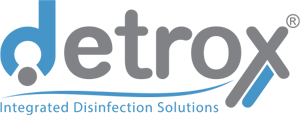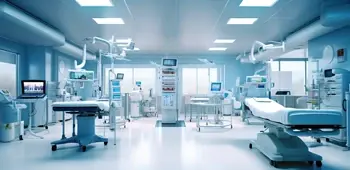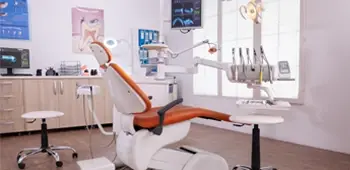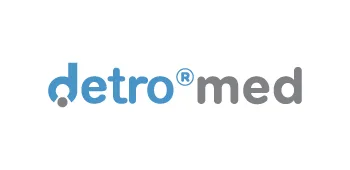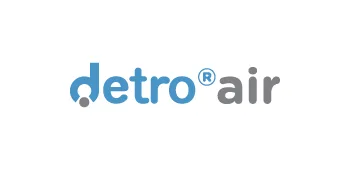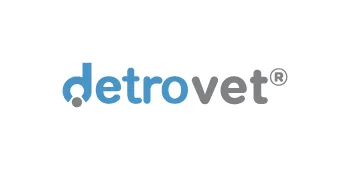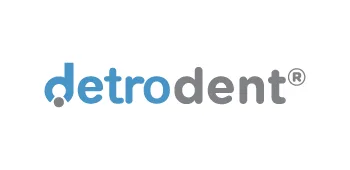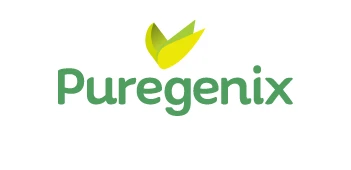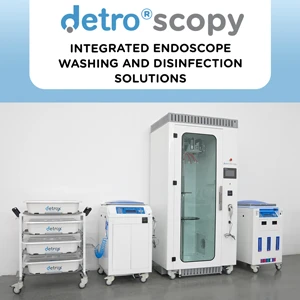Basic Hygiene Information for New Graduate Health Workers
Hygiene Rules You Should Know in the First Days of Your Career
Hygiene practices are one of the most basic building blocks of professional life for all employees who are new to the health sector. It is extremely important to start with the right hygiene practices in terms of patient safety, your own health and professional responsibilities.
In this article, we compile the basic hygiene information they will need in the field, especially for newly graduated health professionals. In this content, which is a simple and guiding guide to the situations you may encounter in practice, we will especially address issues such as hand hygiene, environmental cleaning, equipment use and protective equipment.
Hand Hygiene: The Most Basic Protection Method
Hand hygiene is one of the most effective and simplest methods to prevent the spread of infections. Since you will be in contact with many surfaces, patients and equipment in the field, hand hygiene should become a routine habit.
- Dirty hands must be washed with soap and water. Alcohol-based hand antiseptics can be used when there is no visible dirt.
- Hand hygiene should be performed not only before patient contact but also after patient contact, after contact with the patient’s environment, after contamination with body fluids, before aseptic procedures and during glove changes.
- Details such as jewellery, long nails and nail polish are not recommended as they may increase microorganism retention.
Environment and Surface Hygiene: Only Visible Cleanliness is Not Enough
A clean surface does not always mean that it is free from microorganisms. For this reason, surface disinfection should be carried out regularly, especially in areas of intensive contact.
- Patient beds, examination tables, device screens and door handles are surfaces that need to be disinfected frequently.
- Disinfection procedures should be carried out in accordance with the duration of action of the product used.
- Intermittent disinfection after patient transitions is as important as general cleaning at the end of the day.
Use of Personal Protective Equipment: Right Time, Right Shape
Personal protective equipment (PPE) plays a critical role in both employee and patient health. However, when not used correctly, their protective properties may decrease.
- Masks, gloves, goggles, visors and aprons should be selected according to the need and should be put on and taken off according to the instructions.
- The use of gloves does not replace hand hygiene. Hand antiseptic must be used after removing gloves.
- When the mask is on, the outer surface should not be touched; it should not be lowered below the chin and prolonged contact should be avoided.
Medical Equipment and Material Hygiene: Responsible Approach
Cleaning and storage of used medical instruments and equipment in accordance with hygiene conditions is of great importance for patient safety.
- Reusable equipment should be pre-cleaned with enzymatic cleaners and then subjected to appropriate disinfection or sterilisation.
- Disposable products should never be reused.
- Each piece of equipment must be cleaned in accordance with manufacturer’s instructions and organisational protocols.
Review Your Daily Habits
As a new graduate, you need to make hygiene practices a part of your daily habits while getting used to the busy pace. This is not only a part of your job description, but also a reflection of your professional ethics.
- Attention should be paid to uniform hygiene, and clothes specific to the working area should not be used outdoors.
- Frequently used personal items such as mobile phones and stethoscopes should also be disinfected at regular intervals.
- Trainings, seminars and current guidelines should be followed regularly.
The correct hygiene habits you will gain at the beginning of your career in the health sector will help you prevent many risks you may encounter in the future. It should not be forgotten that hygiene in healthcare is not just a process, but an ongoing responsibility.
You should ensure that your knowledge is constantly updated by referring to institutional protocols, recommendations of the infection control unit and current scientific resources.


